Q: I’m a 45-year-old natural bodybuilder, and I have a bad shoulder. I cannot do bench presses or shoulder presses. Even when I train biceps, I feel it in my shoulder, right where the pectorals tie in. Do I have a rotator cuff problem? Or is this something else? My doctor thinks I have tendinitis, but he isn’t sure. He told me to stop lifting. What do you think?
A: I think that first you should stop lifting. Then you should seek out a specialist called a physiatrist, a doctor of the musculoskeletal and nervous systems. You’re describing a partial tear in the area where your pectorals, shoulder and biceps tie in. At that point there are many tie-ins of muscle tendons. The fact that it hurts when you train biceps makes me believe that you’ve managed to tear perhaps two tendons there. That’s nothing to gamble with. If tendons rupture, your bodybuilding aspirations may go out the window.
Go to a big-city physiatrist if you can. Ask if he or she deals with weight-training injuries. You will probably be given an MRI and perhaps even a nerve-conduction study. It’s also possible that you have torn a nerve. How could all of that happen?
First, not everyone should do barbell bench presses. The reasons are many. Taking the bar off the rack is dangerous at best, injurious at worst. Actually doing the bench presses over and over can cause movement of muscles, bones, tendons and even nerves. Each time you train any multilayered group of muscles such as those involved in bench pressing, you move the muscles a bit. They grow and thus begin to move bones. When bones move, so do tendons and nerves. That’s a bigger problem with bodybuilders who tend to work their front more than their back. It’s almost impossible to ensure balance if you don’t have your musculo-skeletal system in balance from the beginning.
If you’ve built up a lot of scar tissue in that or any area, things can move to inappropriate places. Congenital defects—shoulders that are rounded; a slight-to-major kyphosis of the back; pectus carinatum, or “pigeon breast”; and pectus exacavatum, or “shoemaker chest”—can also cause problems. Those congenital deformities come in various degrees. Regular bench pressing may be unwise because of how the shoulders sit in conjunction to the neck and/or how the pecs tie in. Every one of those factors must be taken into consideration when you start a weight-training program, and they surely will be spotted by a physiatrist, who can advise you on what to do next.
You should stop training and not start again until your problems have been properly diagnosed, treated and rehabilitated.
Editor’s note: To contact Paul Burke, write to [email protected]. Burke has a master’s degree in integrated studies from Cambridge College in Cambridge, Massachusetts. He’s been a champion bodybuilder and arm wrestler, and he’s considered a leader in the field of over-40 fitness training. You can purchase his books, Burke’s Law—a New Fitness Paradigm for the Mature Male and Paul Burke’s Neo-Dieter’s Handbook from Home-Gym Warehouse. Call (800) 447-0008, or visit www
.Home-Gym.com. His “Burke’s Law” training DVD is also now available.














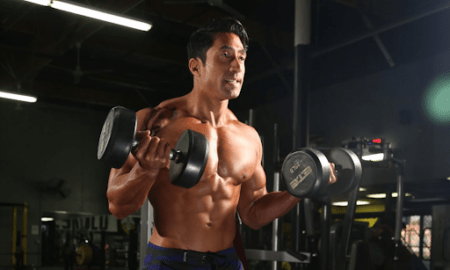

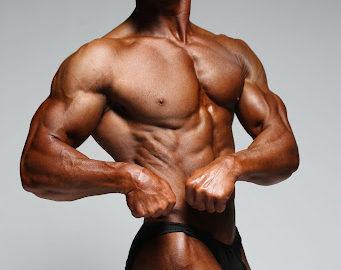
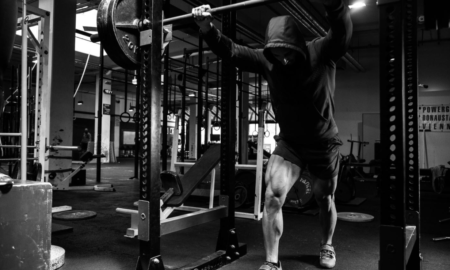
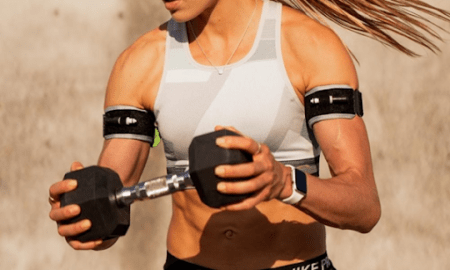
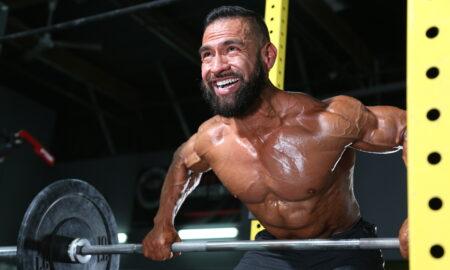
You must be logged in to post a comment Login